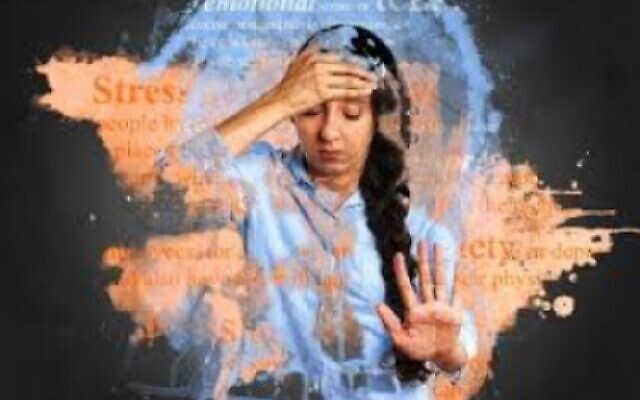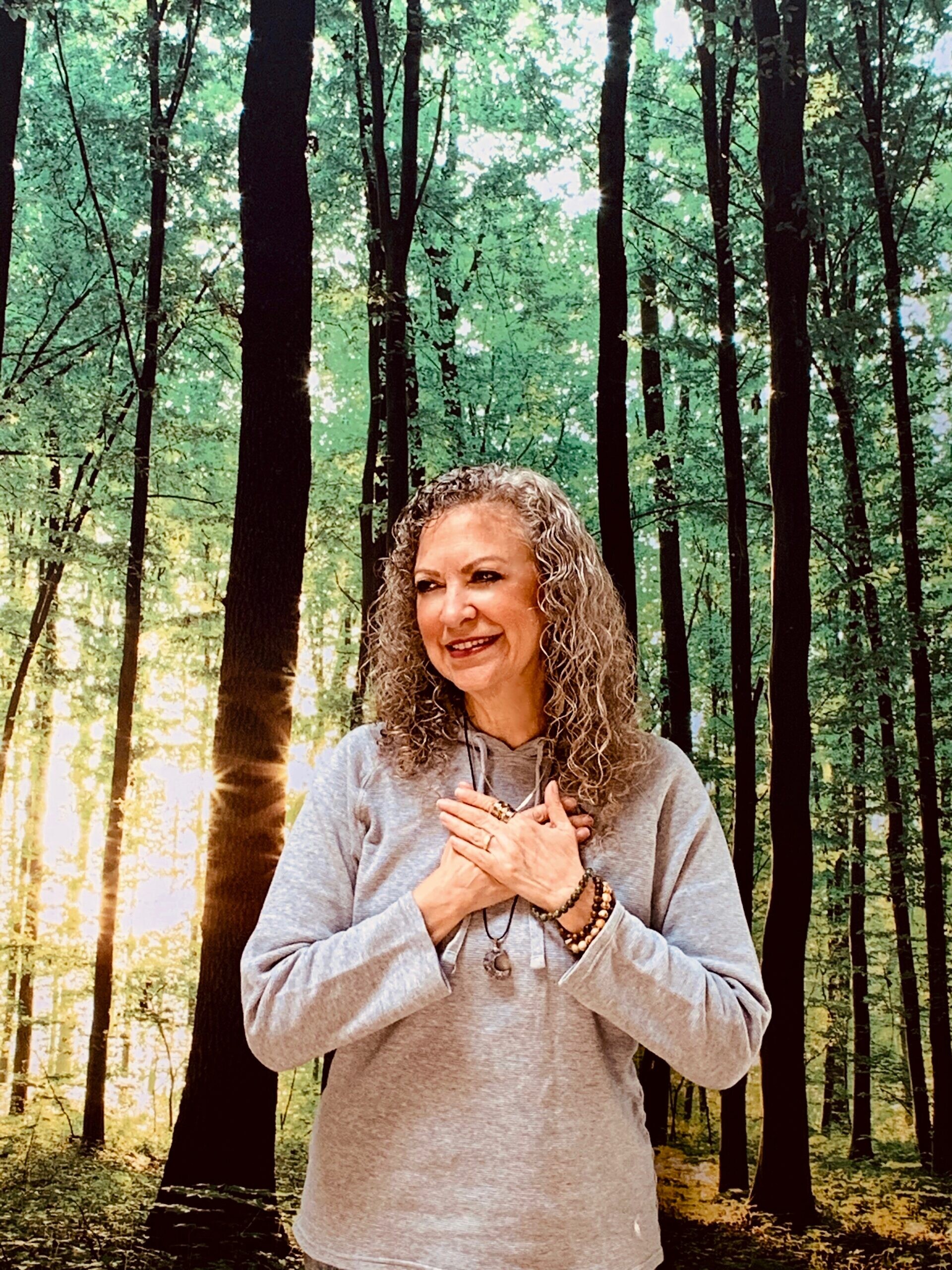Emotional Impact of COVID-19 on Families
The struggles parents and children face during the pandemic are more common than they think.
Parenting teenagers and young adults is daunting enough under normal circumstances, but traversing these transitional stages during the pandemic has increased the degree of difficulty exponentially.
Just when high school seniors were almost ready to fly out of the nest, governmental regulations and house rules clipped their wings, restricting their freedom. Some became rebellious, while others, stressed and depressed, with many choosing unhealthy ways to cope.
Parents must be present for their other children, spouses, aging parents, their own job performance, financial concerns and responsibilities, including self-care.
There’s an emotional knot constricting the flow in all of these areas.
Many are seeking telemental health. I’ve been a psychotherapist for over 30 years and it’s the first time I’m counseling others in a crisis in which I’m also involved.
Themes have emerged in the stories that highlight commonality more than differences.
Every parent who suddenly became a teacher and every student who was torn from their social circles has been thrown into the stress pit. One parent said, “The virus doesn’t scare me as much as coping with the rest of the stuff.” I asked parents to sum up their experience in a word or two. They felt: guilt-ridden, overwhelmed, resentful, angry, fearful, anxious, depressed and exhausted. The kids felt: frustrated, lonely, sad, bored and scared.
It all happened so quickly. When schools closed, they thought sheltering at home would last a couple of weeks. Spring break upped the ante and families had to create house rules for the safety of its members. In discussing consequences of noncompliance, several parents decided that violators wouldn’t be allowed to live in the house. The price for lenience on the issue? Possible death. Big stakes. One mother said she told her daughter, “I’m not a drama queen but this is life or death.” She said her daughter rolled her eyes.
There are long-range side effects from those decisions. More than any other word, parents say they’re suffering from “guilt,” especially for enforcing consequences with their kids who have disregarded social distancing rules. College students were asked to move back into their apartments or stay with friends. One mom said, “My daughter was shocked that I was actually not letting her in.” Parents said their children felt angry, rejected, and even unloved.
A single mother with health issues discovered that both her son and daughter, each in their 20s, had been breaking social distancing rules. Mom said, “I feel betrayed that they’d put their own desires over my health but, the truth is, I still wrestled with sticking to my rules or risking my life.” Each of her children moved into their respective apartments but now her son’s girlfriend is pregnant. The mother is worrying about the future and second-guessing her decision.
Another mother discussed the sacrifice of always having to put her children’s needs ahead of her own. “When my kids were little, I nursed them when I was sick and got up in the middle of the night if they needed something. I can’t believe my son would put us at risk to hang out with his friends.”
A mother feels guilty because her daughter is scheduled to begin college this fall, across the country. Study abroad has been postponed. Mom said, “I don’t want her to go away now because, what if she gets sick?” The Dad asked his daughter to take a gap year “until life after COVID-19 settles down.” Their daughter told them she’d be fine. Both parents feel guilty about voicing their anxiety, but they fear that “young adults aren’t taking the virus seriously enough.”
Another Dad is conflicted about sending his daughter to college because much of her education may take place virtually. “I don’t want to spend a ton of money for her to sit in her dorm and take classes online. She could do that from home.”
The mother of a college freshman asked, “Am I a bad person because I’m telling my son to do something useful with his time, like get a job or volunteer, when I can barely function myself? It takes so much energy to be on the computer to do my job. I just want to mindlessly watch movies.”
One high school athlete shared his concerns about keeping up his strength and skills. He hopes to pitch in college baseball. “Recruiters and scholarship opportunities usually come in the summer, during travel ball, which may not happen now.” He said he also didn’t have closure with his senior teammates when the season ended abruptly. “It felt horrible. You build relationships with the class ahead and now I won’t be playing with them again.”
Kids are experiencing grief and loss. They’re lonely, especially those without siblings, and are suffering varying degrees of depression. Many are becoming more addicted to screen-time.
Here are some coping strategies that can foster peace:
• Breathe and be gentle with yourself and others.
• Communicate with non-judgment.
• Remember there’s no shame in asking for help.
• Remain flexible; things will be in flux for a while. Pace yourself.
• Lower your expectations. Set one to three tasks to accomplish each day.
• Covet your sleep, good nutrition, and at least 20 minutes of exercise daily.
• Limit your screen time and intake of “news.”
• Ground yourself in nature daily, without technology.
• Connect and laugh with like-minded friends and family.
• Journal feelings/experiences
• Pray to Hashem. Meditate to listen for the answers.
• Don’t try to go back. Focus on moving forward.
Dr. Terry Segal is a licensed marriage and family therapist with a doctorate in energy medicine. She is the author of “The Enchanted Journey: Finding the Key That Unlocks You.”





comments